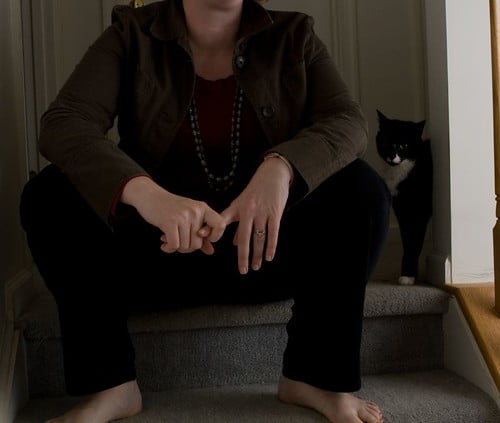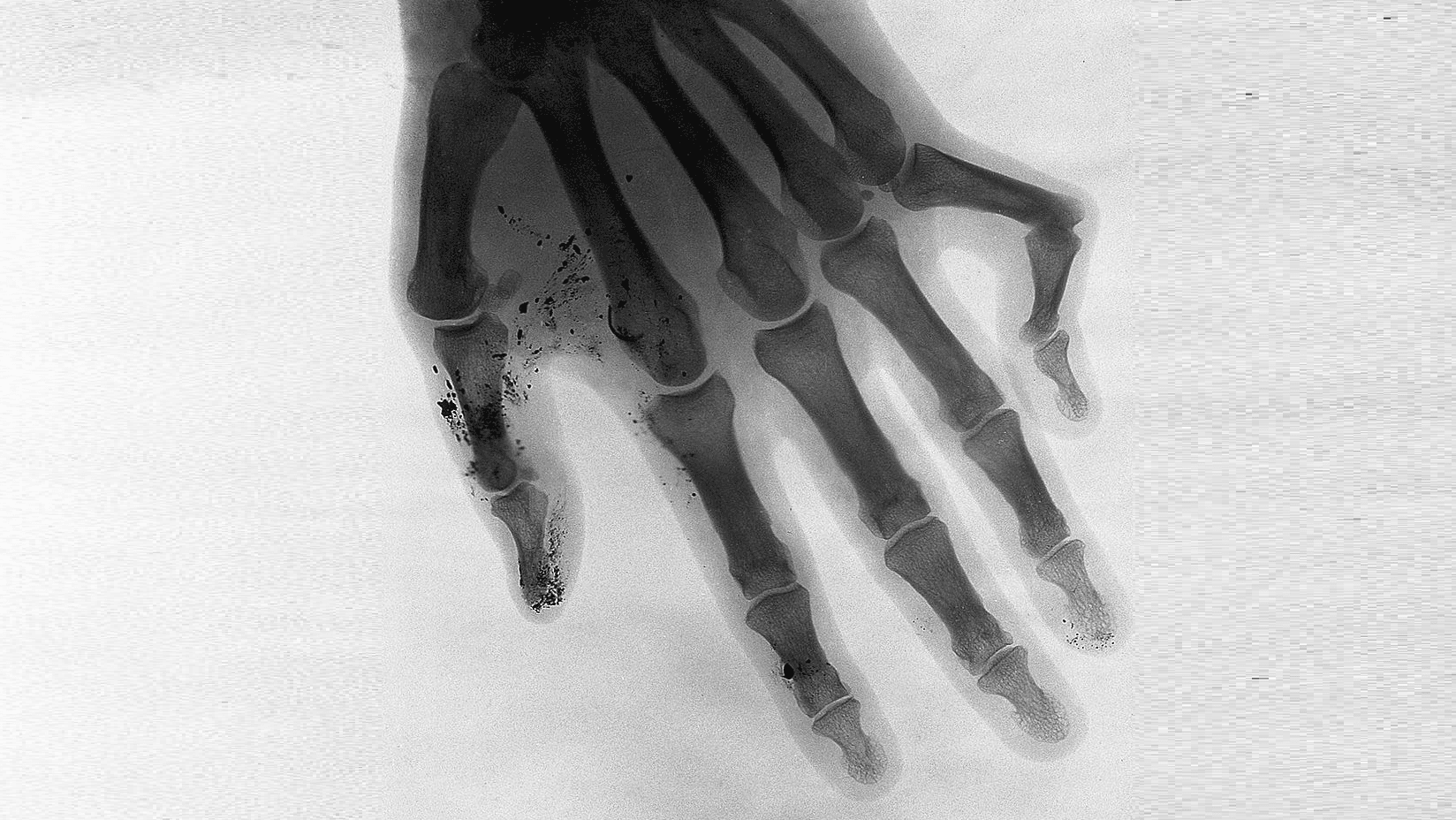It is believed that you should not crack your fingers often - this habit can lead to premature joint diseases. We checked whether this is actually true.
There is information in the Russian media about the dangers of such a habit appears often: supposedly it can lead to arthrosis. For example, here's what told Radio Sputnik talked about this last year: “...repeated clicking causes instability, causing joints to become loose. This, in turn, leads to rapid wear and tear and arthrosis.
“If you keep loosening your joints, you will get arthrosis at the age of 50, which should be present at the age of 70,” warned [orthopedic traumatologist Konstantin] Ternovoy.”
Many people believe that cracking your fingers, back and neck is harmful, because the joints are damaged and the person gradually develops arthrosis. In order to figure out whether this is really the case, we need to find out where the crunching itself comes from and whether this can influence the possibility of arthritis.
The fact is that, although scientists have been studying crunching in joints for decades, they still have not been able to accurately explain the mechanism of the sound. There are two main hypotheses about where the crunching comes from in the joints.
First hypothesis appeared back in 1971. Each joint has a so-called joint cavity, and it contains a small amount of synovial fluid, which acts as a lubricant and prevents wear and tear on the joints. Approximately 15% of this lubricant — not a liquid, but a gas. According to the theory, when the joints are manipulated, a process of cavitation occurs: gas usually dissolved in liquid turns into bubbles, and then immediately collapses. This is what leads to the characteristic sound. Therefore, at some point after a long exercise, the joints may stop crunching: when all the bubbles have collapsed, it takes some time for the gas to dissolve again in the liquid and the process can begin again.

In 2015, PLOS One magazine published article with the second hypothesis. In the study, the authors observed cracking joints through MRI. Through an experiment, they showed that the sound does not appear due to pre-existing gas bubbles, but due to the expansion of the joint cavity itself as a result of manipulation of the joint.
Although this version seemed to disprove the bubble theory, in 2018 it's all over again overturned: Another group of scientists using a mathematical model showed that it is gas bubbles that create sound. “Despite more than 60 years of research, there is still no agreement on where the sound of cracking knuckles comes from—there is a lack of experimental evidence,” the authors write.
Simply put, where the joint crunch comes from is not yet fully known. But scientists also failed to find evidence that the habit of cracking joints can lead to arthrosis. For example, in research In 1975, out of 15 patients who reported the habit of cracking their joints, only one was diagnosed with arthrosis. In another 1990 study participated already 300 people, but scientists again did not find any connection between the habit of cracking fingers and arthrosis.
The idea of arthrosis was also tested using x-ray. In 2011, one study compared images of people with diagnosed osteoarthritis aged 50–89 years with those who did not have the disease. The prevalence of arthrosis among those who had the habit of cracking their knuckles and those who did not was approximately the same.
Finally, one of the doctors spent experiment on himself: for 50 years he cracked his knuckles every day on one hand and never did it with the other hand. At the end of the experiment, the joints on his hands were no different from each other, and he did not develop arthrosis.
Thus, although the mechanism of cracking knuckles has not yet been fully studied, there is no scientific evidence yet that it can lead to arthrosis.
Not true
- Does Cracking Your Knuckles Cause Arthritis?
- Is cracking your knuckles harmful?
- Is Cracking Your Knuckles Bad for You?
If you find a spelling or grammatical error, please let us know by highlighting the error text and clicking Ctrl+Enter.







